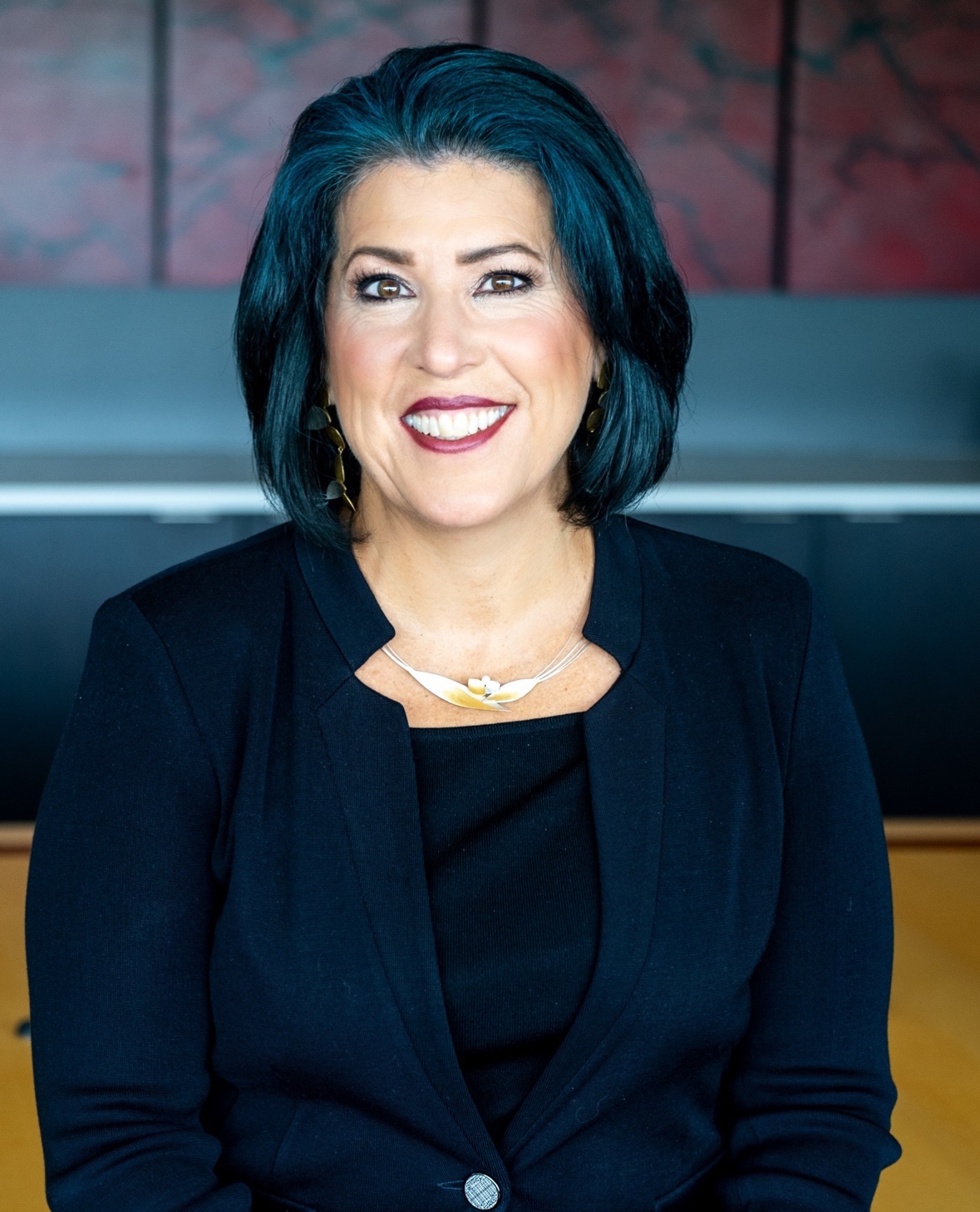
Antoinette Gawin, president and CEO of Terumo Blood and Cell Technologies. [Photo provided to chinadaily.com.cn]
Localization is high on the agenda of multinationals seeking to thrive in China, and those who swiftly embrace this shift will be better positioned to capitalize on the country's immense growth potential, said a senior executive.
"We will be opening our factory line in Hangzhou, Zhejiang province," said Antoinette Gawin, president and CEO of Terumo Blood and Cell Technologies, a Colorado-based company that provides devices and services for collection and separation of blood and cells.
"Blood not only plays a critical role in trauma care and childbirth but can also be used as part of therapeutic solutions for cancers and rare diseases," Gawin said in an exclusive interview with China Daily.
Products such as automated blood collection system and the apheresis system, as well as respective disposable sets, will be locally manufactured, according to the company.
The local manufacturing facility will foster a stable, reliable, efficient and flexible local supply chain to ensure the delivery of high-quality locally manufactured products to the Chinese market, Gawin said.
It will also enable the company to gather real-time market feedback and help customize its products to better meet the specific needs of local customers, she added.
Between 2024 and 2025, the company plans to invest $15 million to expand its business and localized manufacturing, enhancing the ability to meet the evolving needs of Chinese customers and improve patient outcomes in China, Gawin said.
Currently, the company's operations serve only two-thirds of the largest hospitals in China, leaving significant room for expansion. Even by increasing the penetration into the remaining hospitals and regions where blood is critically needed, the market could grow at double-digit rates, Gawin said.
"We also see strong growth in the therapeutic sector, with new applications for our equipment emerging regularly," Gawin said.
During her visit to China several years ago, a doctor explored the use of the Terumo BCT's equipment alongside other systems, to prevent the effects of acute liver failure and try to avoid a liver transplant, Gawin added.
"Beyond that, we have other technologies that have not yet been introduced to China," Gawin said. "Given the current scale of our presence in China and the significant unmet needs, I believe we have the opportunity to double or even triple our impact in the near future."
wangkeju@chinadaily.com.cn